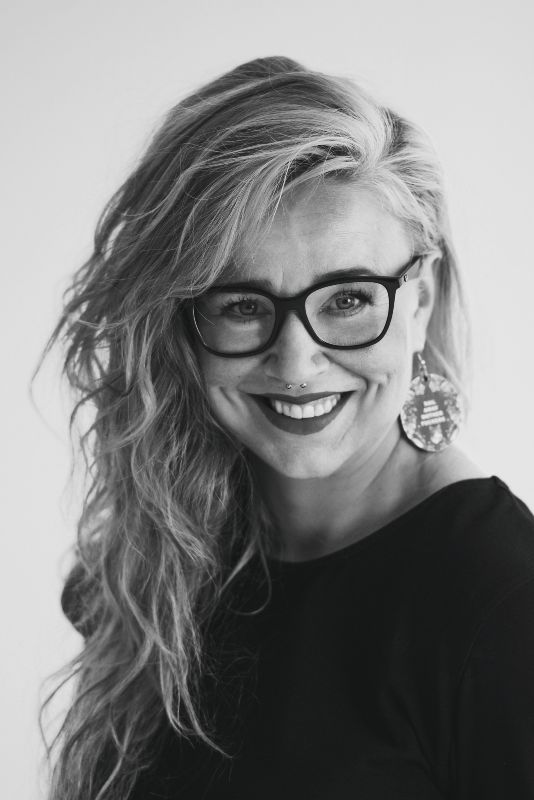Theatre director
"Theatre is the oldest art form in the world. It’s about passing stories from one person to another. It’s not about to disappear, but the industry is highly competitive. The industry is constantly adopting new technologies, such as virtual set designing, and visual designing in the industry is undergoing a transformation to a certain degree. The director’s role as the author of the synthesis of the arts will be more prominent in the future."

- Erika Hast
- Theatre director, actor and playwright, freelancer.
- Graduated as Master of Arts from Tampere University and as Bachelor of Business Administration from Jamk University of Applied Sciences.
- Over 20 years of work experience in the field.
Briefly explain what you do for a living.
I work as a performing arts professional. I mainly work as a director and playwright in theatrical productions, but also as an actor, musician and teacher when necessary.
How have you ended up in the profession of your choice?
I started acting in the theatre already as a child and, through that, also ended up studying theatre.
Describe your typical working day or week.
In the morning, I usually work in writing tasks, and I direct at the theatre in the evening. No day is the same, and my working hours are not tied to days of the week or even to times of the day. I primarily build my schedule together with the theatre and the group I lead, and I set my working hours with my group and supervisor.
What kind of work environment or working hours do you have?
I work both at home and theatre. At theatres, work is mainly done in the evenings. I also work weekends.
What kind of competence or qualities are required in the profession?
Communication is an important part of my work, which I do with both the management and the working group. It’s also beneficial to know how to use digital marketing tools. I often also design the set for the plays I direct, so visual competence is useful. A theatrical performance is a synthesis of the arts, so studies in music, literature, speech technique, stagecraft and singing technique come in handy.
What is the best thing about your profession?
Versatility and opportunities to continuously learn new things.
What are the downsides of the profession or what seems challenging?
Financial uncertainty and working hours.
What would you tell a person considering the profession of a theatre director?
You need perseverance and perhaps even stubbornness. Don’t bow to anyone, and find your own way and voice. Dealing with uncertainty is unavoidable, and you need to have a high tolerance for stress.
How do you see the future of your profession?
Theatre is the oldest art form in the world. It’s about passing stories from one person to another. It’s not about to disappear, but the industry is highly competitive. The industry is constantly adopting new technologies, such as virtual set designing, and visual designing in the industry is undergoing a transformation to a certain degree. The director’s role as the author of the synthesis of the arts will be more prominent in the future.
